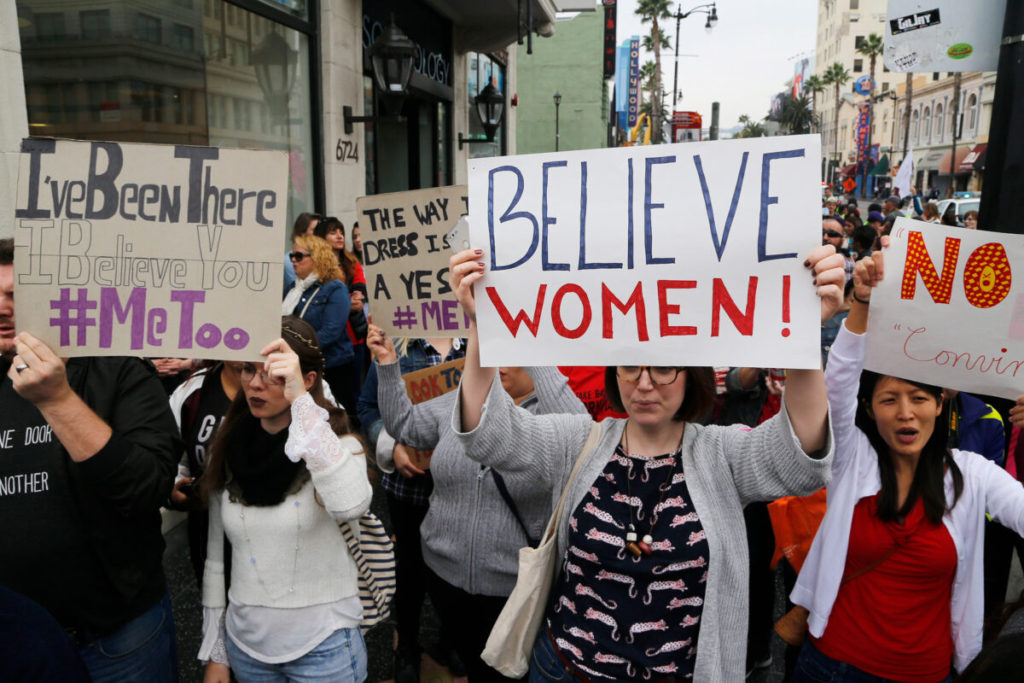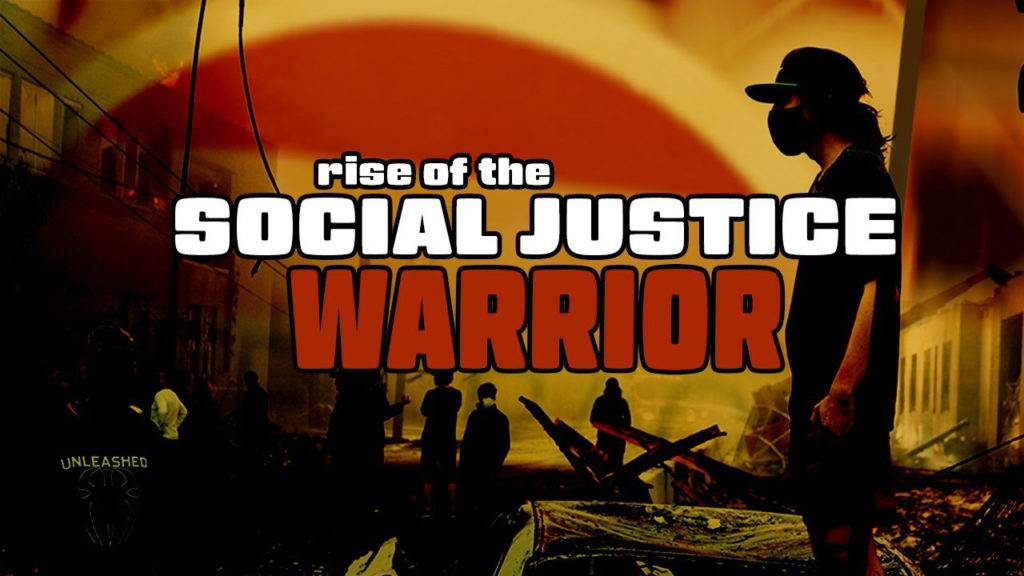
Dave Chapelle once lamented that “men and women don’t get along anymore“. The sad reality is that men and women in Clown World are seldom complimentary, as are yin and yang. In Clown World, men and women are locked in a struggle for supremacy that has had dire consequences for our collective happiness.
The division between male and female is the most fundamental division in the human species. Not even the division between good and evil is as great, because that is a matter of degree and a function of environmental pressure, whereas the division between male and female is categorical and innate.
Although it’s denied by the SJWs and the baizuos, there is a male way of thinking and a female way of thinking. The male way of thinking evolved to hunt and protect and later developed into warfare; the female way of thinking evolved to gather and nurture and later developed into civilisation. Although we are all humans, these different gender-based ways of thinking create challenges for those who want peace and order.
When gender relations are good and tensions are dissolved with humour and good cheer, you have a golden age. This is what existed in ancient Greece when it was possible for playwrights such as Aristophanes to write Lysistrata. In such a time, it’s possible to gently make fun of the foibles of the other gender while still acknowledging their value and the ultimate importance of co-operating.
When gender relations are marked by the perceived need to get revenge for centuries of oppression, you have Clown World. Like much of Clown World, gender relations today are the way they are because of a massive overreaction to a lengthy period of Abrahamic shitness.
Abrahamic culture is male supremacist, and women’s awareness of their historical oppression at the hands of Abrahamists has created deep resentment. This deep resentment has led to support for measures benefitting women at the expense of men, on account of the belief that they settle some historical scorecard.
Measures such as restricting scholarships to female students are readily accepted by the middle-class women who are the primary beneficiaries. The working-class men who have to watch those middle-class women get exclusive advantages on account of some supposed greater need, however, become extremely resentful.
This resentment is typical of gender relations in Clown World.
The discord between men and women is the primary reason why Clown World is so fucked up. Because healthy gender relations are fundamental to a healthy society, the dysfunction here has led to dysfunction at every scale. It has led to family discord, which has led to community discord, which has led to national discord.
On a family level, more children than ever are growing up to see fighting and arguing between their parents. This has led to an increased perception that violence and aggression are normal, acceptable ways of conducting human relations. These children then grow up and bring their unhealthy attitudes to their wider community, making those communities hostile, suspicious and violent.
For a nation to have a healthy national sentiment it needs healthy communities, which requires healthy families, which requires healthy gender relations. So deteriorating gender relations serve the nefarious interests of globohomo. The more disharmony there is between men and women, the easier the entire population can be reduced to consumerist NPCs. This is why the mainstream media is always pushing a “gender wars” narrative.
Gender relations have now become so bad that it’s possible to speak of an “incel epidemic“. The proportion of American adults that don’t have sex at all has doubled since 2008, and has tripled for men under 30. This means that there are a lot of lonely people out there who have never experienced affection from the opposite gender.
This has happened for a number of reasons, but two are foremost. First, the advent of dating apps such as Tinder has made it easier than ever before for mediocre women to reject all suitors besides the most attractive Chads. Second, the perception that women are now more promiscuous than ever (see: roastie) had led to a number of men avoiding women out of disgust.
Unfortunately, the male mind does not respond well to lengthy periods of involuntary celibacy. The tendency in such cases is for it to become sadistic. Lengthy periods of involuntary celibacy can lead to a particularly bilious form of resentment that soon becomes the blackest of hates, a hate so powerful that it revels in the suffering of others.
The increase in sadism brought about by a widespread lack of sexual satisfaction has society-wide ramifications. It has made a large proportion of men unwilling to work towards the greater good, in any sense. Some men are so bitter about not being able to get laid that they have become happy to see people suffer, in any context. Incelibacy leads to men who just want the world to burn.
There’s little doubt that many of the men involved in the rioting of recent years are incels. But so far their actions have had little influence. The real danger is that the incel community, if they became numerous enough, could forcibly subjugate women again. This could easily be achieved by political violence, given the readiness and the ability of incels to use it.
The current social climate exacerbates this threat. Thanks to the MeToo movement and the feminist weaponisation of cancel culture, some men have become afraid to hit on women at all. Although this is not necessarily a bad thing, it has had consequences: it has added to the number of men who have become afraid to talk to women, as well as to those who have resigned themselves to a life of inceldom.
Complicating matters even further is the rise of transgenderism. The presence of trans people has blurred the boundaries between men and women, adding yet another reason to hesitate before interacting. The fear of ending up with a penis-wielding “woman” has led some men to give up on dating in general. Others are so horrified by the trans phenomenon that they become reclusive, doing their best to shut Clown World out of their minds.
Gender relations will stay bad in Clown World until a new foundational philosophy arises. This philosophy will have to root out the last vestiges of Abrahamic male supremacism and replace it with a more Taoist sense of masculine and feminine as complementary. Not until then will males and females be able to work together in harmony.
*
This article is an excerpt from Clown World Chronicles, a book about the insanity of life in the post-Industrial West. This is being compiled by Vince McLeod for an expected release in the middle of 2020.
*
If you enjoyed reading this essay, you can get a compilation of the Best VJMP Essays and Articles of 2019 from Amazon for Kindle or Amazon for CreateSpace (for international readers), or TradeMe (for Kiwis). A compilation of the Best VJMP Essays and Articles of 2018 and the Best VJMP Essays and Articles of 2017 are also available.
*
If you would like to support our work in other ways, please consider subscribing to our SubscribeStar fund. Even better, buy any one of our books!



